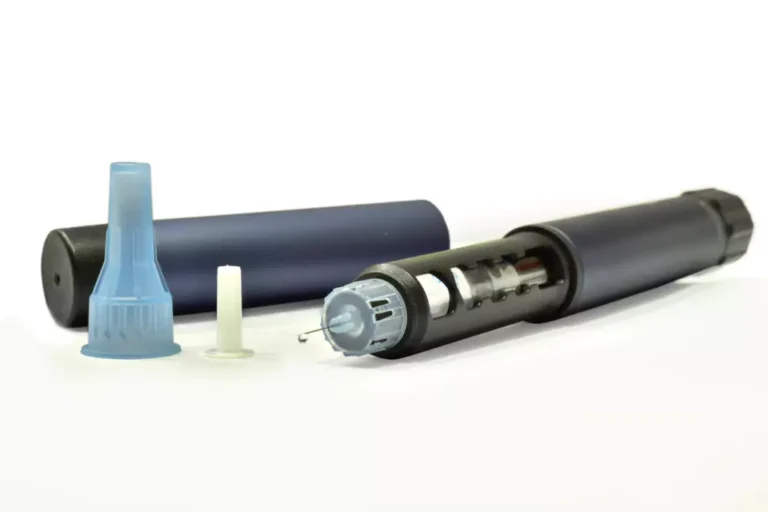
Pfizer Inc. (NYSE: PFE) and Astellas Pharma Inc. (TSE:4503, President and CEO: Naoki Okamura, “Astellas”)today announced that on December 15, 2023 the U.S. Food and Drug Administration (FDA) has approved PADCEV® (enfortumab vedotin-ejfv, an antibody-drug conjugate [ADC]) with KEYTRUDA® (pembrolizumab, a PD-1 inhibitor) for the treatment of adult patients with locally advanced or metastatic urothelial cancer (la/mUC). This combination is the first approved to offer an alternative to platinum-containing chemotherapy, the current standard of care in first-line la/mUC.
The approval is based on results from the Phase 3 EV-302 clinical trial (also known as KEYNOTE-A39), which demonstrated the combination nearly doubled median overall survival (OS) and median progression-free survival (PFS) in patients with previously untreated la/mUC compared to platinum-containing chemotherapy. Findings from EV-302 were presented at the European Society for Medical Oncology (ESMO) Congress 2023. EV-302 also serves as the confirmatory trial for the U.S. accelerated approval of this combination for adult patients with la/mUC who are not eligible to receive cisplatin-containing chemotherapy (approved in April 2023) and expands the labeled indication to include patients who are eligible to receive cisplatin chemotherapy. EV-302 is also serving as the basis for global submissions.
Roger Dansey, M.D., Chief Development Officer, Oncology, Pfizer
“In the Phase 3 EV-302 study, the combination of PADCEV and pembrolizumab demonstrated survival benefit for patients with advanced bladder cancer, nearly doubling median OS and median PFS compared with chemotherapy. We hope the approval of this combination will transform the standard of care for advanced bladder cancer and give patients more time with their loved ones.”
Ahsan Arozullah, M.D., M.P.H., Senior Vice President, Head of Oncology Development, Astellas
“Today’s FDA approval represents a paradigm change in the treatment of advanced bladder cancer and provides hope to the thousands of Americans impacted by this aggressive disease. This achievement is notable, as it is the first regimen approved in advanced urothelial cancer that has demonstrated superiority to platinum chemotherapy, the gold standard of care for decades.”
The EV-302 study met its dual primary endpoints of OS and PFS compared to platinum-containing chemotherapy. Treatment with the combination resulted in a median OS of 31.5 months (95% CI: 25.4-NR) compared to 16.1 months (95% CI: 13.9-18.3) with chemotherapy, representing a 53% reduction in risk of death (Hazard Ratio [HR]=0.47; 95% Confidence Interval [CI]: 0.38-0.58; P<0.00001). The median PFS of 12.5 months (95% CI: 10.4-16.6) with the combination compared to 6.3 months (95% CI: 6.2-6.5) with chemotherapy represents a 55% reduction in the risk of cancer progression or death (HR=0.45; 95% CI: (0.38-0.54); P<0.00001). Consistent OS and PFS results were observed across pre-defined subgroups, including cisplatin eligibility and PD-L1 expression level. Cisplatin eligible and ineligible subgroups (n=244 and 198, respectively) saw a 47% and 57% reduced risk of death, respectively, and a 52% and 57% reduced risk of progression or death, respectively. PD-L1 and high PD-L1 expression subgroups (n=184 and 254, respectively) saw a 56% and 51% reduced risk of death, respectively, and a 50% and 58% reduced risk of progression or death, respectively.
The most common (≥20%) all-grade adverse events (AEs), including laboratory abnormalities, related to treatment with enfortumab vedotin and pembrolizumab were increased aspartate aminotransferase, increased creatinine, rash, increased glucose, peripheral neuropathy, increased lipase, decreased lymphocytes, increased alanine aminotransferase, decreased hemoglobin, fatigue, decreased sodium, decreased phosphate, decreased albumin, pruritus, diarrhea, alopecia, decreased weight, decreased appetite, increased urate, decreased neutrophils, decreased potassium, dry eye, nausea, constipation, increased potassium, dysgeusia, urinary tract infection and decreased platelets. The safety results in EV-302 are consistent with those previously reported with this combination in EV-103 in cisplatin-ineligible patients with la/mUC. No new safety issues were identified.
Please see Important Safety Information at the end of this press release, including BOXED WARNING for PADCEV (enfortumab vedotin-ejfv).
Thomas Powles, M.R.C.P., M.D., Professor of Genitourinary Oncology at Queen Mary University of London; Director, Barts Cancer Center, London; EV-302 Primary Investigator
“Advanced bladder cancer is a common cause of cancer-related death. The overall survival benefit seen in the EV-302 trial demonstrates the potential for PADCEV in combination with pembrolizumab to impact first-line treatment of patients with locally advanced or metastatic urothelial carcinoma. In my opinion, this is a meaningful advancement over platinum-based chemotherapy in the systemic treatment of these patients.”
Andrea Maddox-Smith, CEO, Bladder Cancer Advocacy Network (BCAN)
“Despite advances in the treatment of advanced bladder cancer, there remains a need for therapies that extend patients’ lives. Our network is thrilled that the FDA has approved a new treatment option, and we are excited about the hope it will provide to members of the bladder cancer patient community.”




